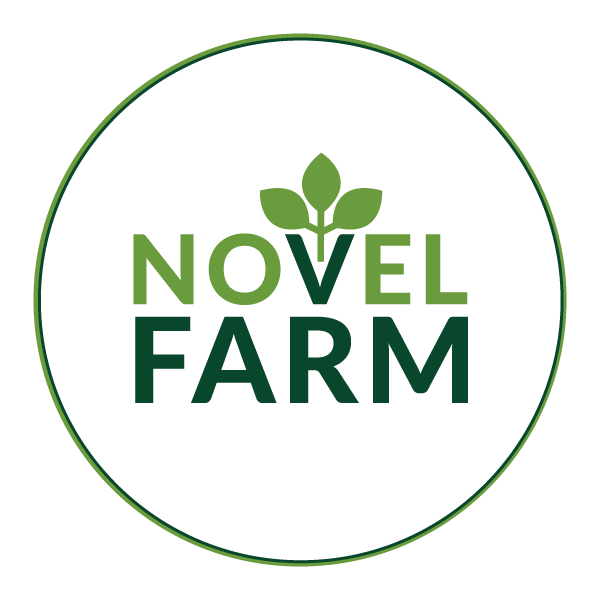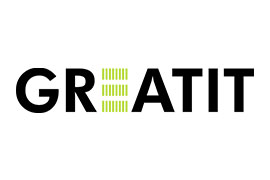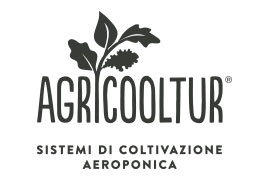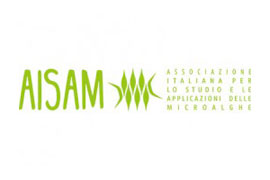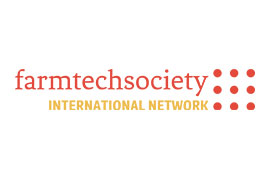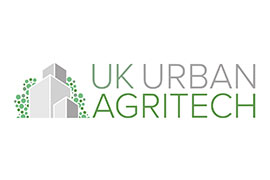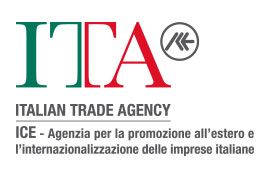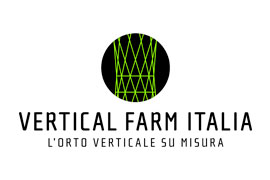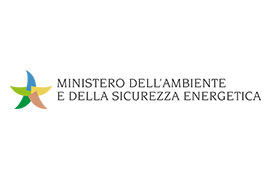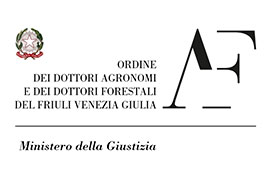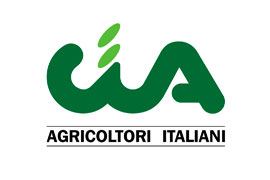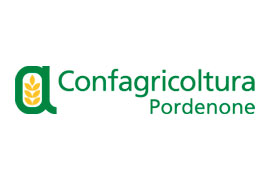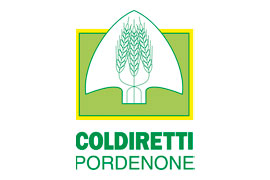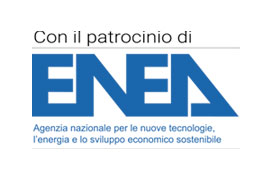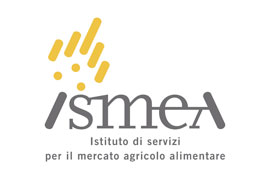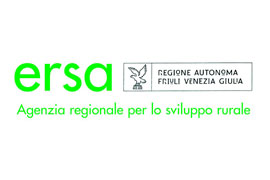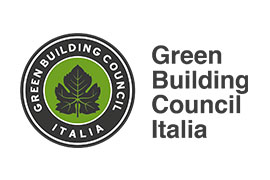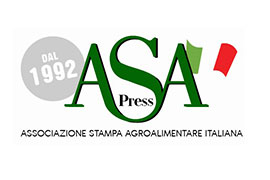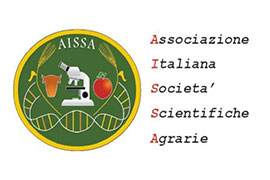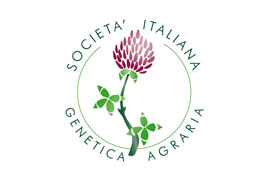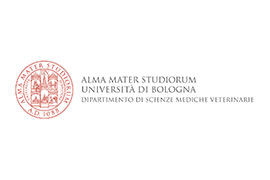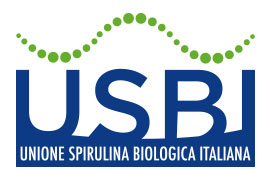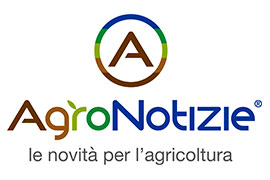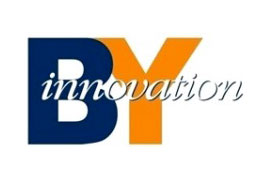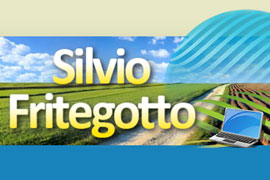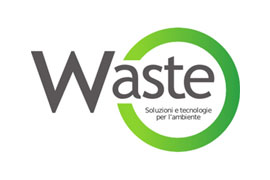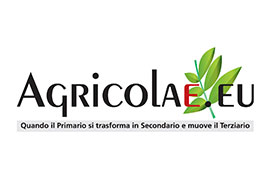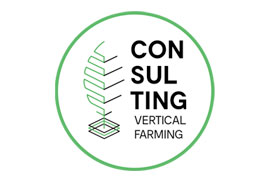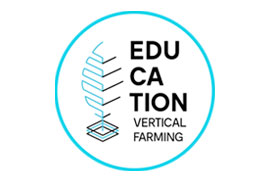Title: director
Association/Company: Aletheia – Il segreto del buon vivere
Biography:
Direttore della Fondazione Aletheia
Dopo la laurea in economia e commercio con lode e il premio accademico presso l’Università di Cassino, ha svolto un’attività di ricerca di due anni presso l’Università di Bologna. Negli ultimi anni ha lavorato nell’area economica della Coldiretti dopo precedenti incarichi e collaborazioni con istituti di ricerca, enti pubblici, università e società di alta consulenza. Ha inoltre pubblicato diversi articoli su riviste nazionali e internazionali sull’impatto delle politiche e dell’innovazione sul settore agroalimentare. Ha esperienza internazionale sia nel campo della cooperazione allo sviluppo che nelle politiche europee, in particolare per le politiche di sviluppo rurale. Nato a Formia (LT – Italia) il 10 novembre 1989, vive a Roma.
Speech session
Climatic conditions and agricultural progress, protagonist agriculture
Speech
Food Waste and Food insecurity, which strategy
Abstract
Food waste is an extremely important issue that involves all phases of the supply chain and while an enormous quantity of food is wasted in the world, between 690 and 785 million people suffer from hunger. According to FAO estimates, lost and wasted food could feed 1.26 billion people every year. Today, around a third of the food produced globally is wasted, which translates into a total quantity of 1.6 billion tons, compared to over 5 available, with a phenomenon that involves the entire supply chain: from the upstream phases, where the overall loss is 680 million tons, to the subsequent phases where approximately 1 billion tons of food is lost. Of this, 61% is wasted by families, 26% by administration services and 13% by the distribution and sales network.
And while alternative production solutions such as cell-based products are being sought around the world (with wide margins of uncertainty), still too little attention is being paid to these phenomena that could solve much of the problem of food access.


